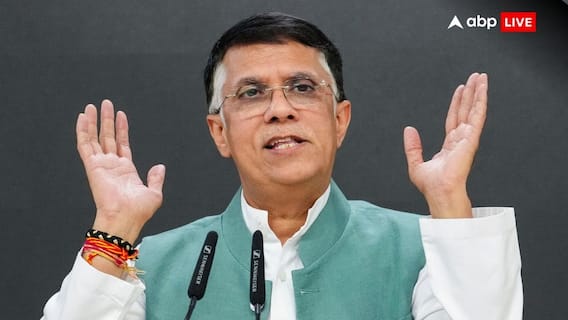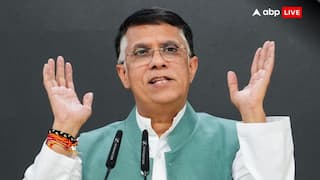China's proposed new Silk Road hit by political, financial hurdles

Hong Kong [China], Jan.12 (ANI): Political and financial obstacles are reportedly coming in the way of China's plan for a modern Silk Road in Eurasia that would majorly include infrastructure projects linked to railways, ports and other facilities.
According to reports appearing in various media, projects coming under the One Belt One Road Initiative (OBOR) conceived by Chinese President Xi Jinping are being canceled, renegotiated or delayed.
From Pakistan to Tanzania to Hungary, disputes are reportedly surfacing about costs or complaints by host countries that they are getting too little out of projects built by Chinese companies and financed by loans from Beijing that must be repaid.
"Pakistan is one of the countries that is in China's hip pocket, and for Pakistan to stand up and say, 'I'm not going to do this with you,' shows it's not as 'win-win' as China says it is," ABC News quoted Robert Koepp, an analyst in Hong Kong for the Economist Corporate Network, a research firm, as saying.
He was referring to Pakistan's water authority- WAPDA- rejecting China's demand for ownership stake in the Diamer-Bhasha Dam last November.
OBOR is a loosely defined umbrella of Chinese-built or financed projects spread across 65 countries from the South Pacific through Asia to Africa and Europe. They range from oil drilling in Siberia to construction of ports in Southeast Asia, railways in Eastern Europe and power plants in the Middle East.
It is well known that governments from Washington to Moscow to New Delhi are uneasy about Beijing trying to use OBOR to develop a China-centered political structure that could erode their influence.
China on the other has consistently maintained that OBOR is a purely business venture, and has no political connotations to it.
Among projects that have been derailed or disrupted:
.Nepal canceled China's plan to build a USD 2.5 billion dam over violation of bidding rules
.The European Union is assessing whether Hungary violated the trade bloc's rules by awarding contracts to Chinese builders of a high-speed railway to neighbouring Serbia without competing bids
. A Chinese oil company's bid to build a USD 3 billion refinery in Myanmar were canceled to financing difficulties
. Thailand has suspended work on a USD 15 billion high-speed railway over too little business for Thai firms
. In Tanzania, negotiations with China and another investor have restarted over ownership of a planned USD 11 billion port in Bagamoyo. The Tanzanian government is keen to know what would be its share.
The ABC News says consulting firm BMI Research has compiled a database of USD 1.8 trillion of infrastructure investments announced across Asia, Africa and the Middle East that include Chinese money or other involvement. Many are still in planning stages and some up to three decades in the future.
Pakistan and China are developing facilities for USD 60 billion, including power plants and railways to link China's far west with the Chinese-built port of Gwadar on the Indian Ocean.
None of these countries apparently wants to experience what Sri Lanka has gone through. Colombo has had give up 80 percent stake in Hambantota Port after falling behind in repaying USD 1.5 billion borrowed from Beijing to build it. (ANI)
This story has not been edited. It has been published as provided by ANI
Trending News
Top Headlines






























